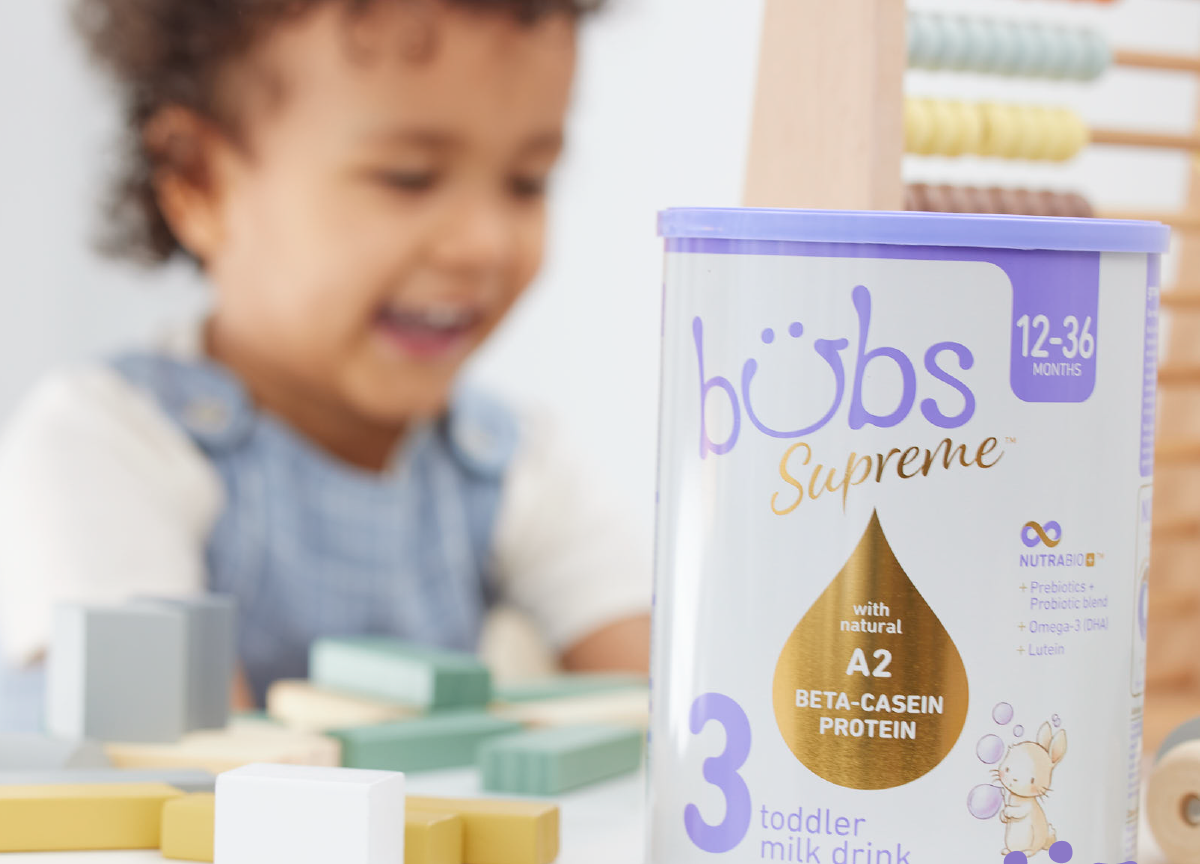
Bubs Australia has presented the damning assessment of a business review, centred around its “long-suffering shareholders” and a “failed” China strategy.
Reg Weine, the infant-formula and baby-food maker’s non-executive director, outlined today (6 July) how Bubs Australia had delivered accumulated losses of A$240m ($160.4m) since the company’s IPO in January 2017.
After seven fundraising rounds, investors have seen a “material decline in the value of their investment of 59-81%”, Weine, who led the review alongside peers Paul Jensen and Steven Lin, said during a presentation to shareholders ahead of an EGM scheduled for 27 July.
That meeting came at the request of a group of shareholders, including founder and former CEO Kristy Carr and ex-chairman Dennis Lin. They left under a cloud earlier this year, along with finance chief Iris Ren, and are expected to fight for a change in the board at that event.
Weine gave a sense of Bubs Australia’s plight today: “The significant destruction and shareholder value is ultimately why we are here, why an intervention was necessary and why the strategy execution and governance of Bubs had to change.
“I think it’s fair to say that there was a complete lack of accountability and focus, with no clear leadership in our key markets in the USA, China or Australia. Our observations are that there was widespread indiscriminate spending, and we were living well beyond our means.”
A “cash burn” was front and centre today, with Weine outlining how the business is “confident” that can be cut by more than half to around A$2m a month from A$5m, but probably not until the second quarter of fiscal 2024.
Since the review was launched in April, Bubs Australia has reduced the annual operating expense “run rate” by about A$10m he said, adding during a Q&A session the business would “expect to return to profitability” in 2025.
Goat formula focus
Weine said Bubs Australia needs to focus resources on its “hero” goat-milk baby formulas – its namesake and Caprilac brands – as he suggested a possible move away from cow’s milk powders, with the A2 Supreme line at its core.
“A2 Supreme hasn’t worked in China, it’s not performing domestically, and the US consumer doesn’t understand A2 protein and why it’s different or important,” he explained.
“Our portfolio has become a little cluttered as we’ve tried to be all things to all people. You can expect this to now focus on our competitive advantage and double down on all things goat.”
Bubs Australia was one of the infant-formula manufacturers granted preliminary approval to supply the US market last year amid a supply shortage linked to Abbott Laboratories. The US, a “growth engine” for the company, was top of a five-point plan outlined today, with a China “reset” second.
Another facet, portfolio optimisation, includes a “repositioning” in cow’s milk formula. “Sweating existing assets” – namely the Deloraine facility in Victoria – and working capital – operating expenses and cutting cash burn – make up the rest of the new strategy.
Bubs Australia is in the process of obtaining full approval for the permanent supply of formula to the US but is not expected to get approval from the Food and Drug Administration until late in 2025, October of that year at the earliest.
“If we get the FDA approval and execute well in that market, Bubs is probably worth 7x. If we reset China and build it out consistently over the next few years and can therefore demonstrate growth in the two-biggest infant-formula markets in the world, we will be worth 10x,” Weine suggested.
“Failed” China strategy
With the Deloraine facility only running at 31% capacity, Bubs Australia plans to apply for SAMR registration in China for its goat formula, he said. But Richard Paine, COO and acting CEO, said the process is “complex and time-consuming”.
Bubs Australia’s difficulties in China were reflected in a A$20-25m non-cash impairment charge revealed last month due to five years of inventory for its A2 Supreme brand sitting in warehouses.
“Clearly, are China strategy has failed. We have not had the right go-to-market strategy, the right partners or the right focus, and we need to reset the China strategy urgently,” Weine explained.
“Only 10% of the distribution points promised by our exclusive reseller have been activated. Pricing architecture was wrong, and our Daigou [sales channel] business was overly reliant on rebates and discounts.”
Outside of the US, China and Australia, Bubs Australia is getting inquiries in Canada from “global brand owners and US retailers” for co-manufacturing and private label, Weine said. And the company is “planting seeds” in emerging markets and “exploring opportunities” in the Middle East.
However, Weine said: “It’s not going to dramatically change our valuation in the medium term, unlike the US and China.”
